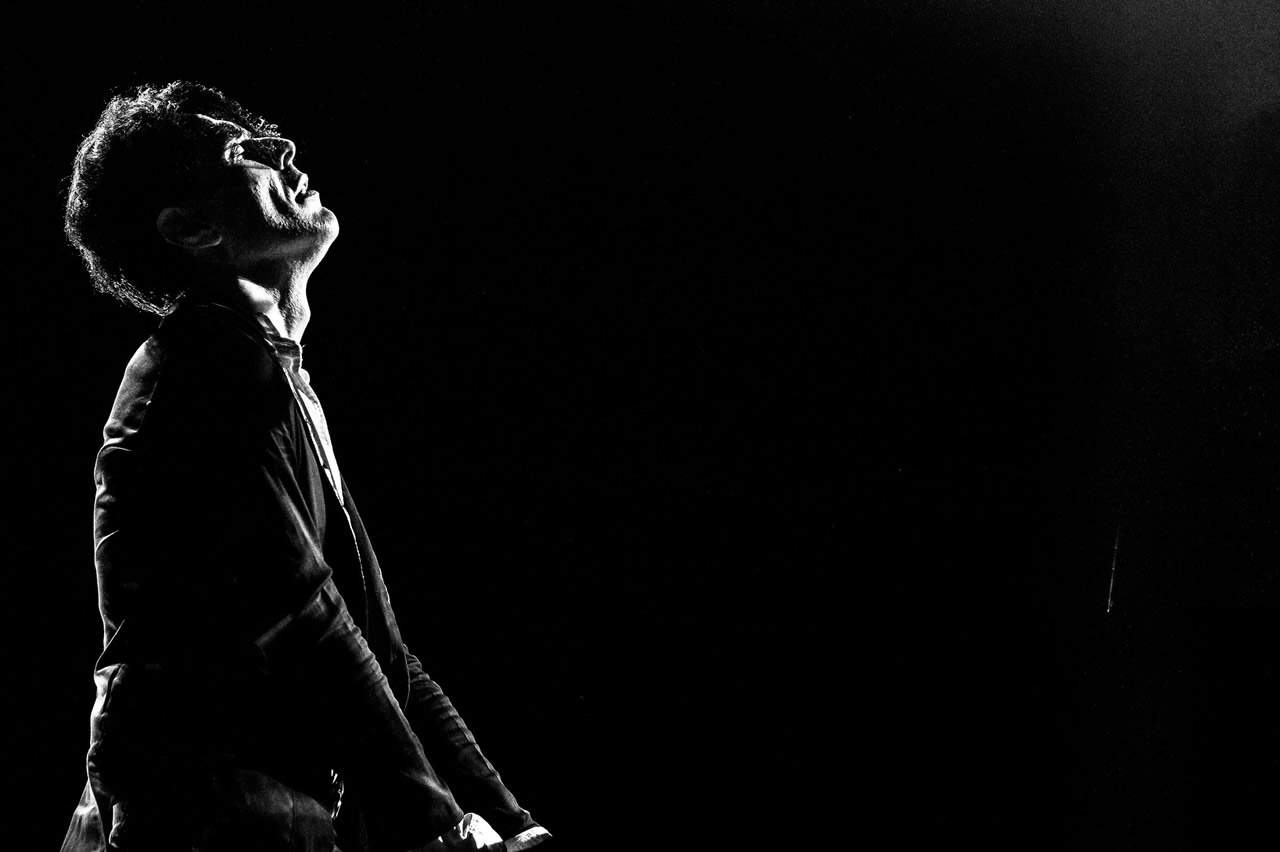Farewell to the great pianist and composer Ezio Bosso. Last interview: music is a necessity and makes us human
He left us this morning in Bologna, at the age of forty-eight, the great pianist, composer and conductor Ezio Bosso, who had been afflicted for years by a neurodegenerative disease. Born in Turin, Italy, on September 13, 1971, his exceptional talent had enabled him to make his debut at a very young age of sixteen in France and led him to study double bass, composition, and conducting at the Vienna Academy under Ludwig Streicher. His career had begun in the 1990s, and led him to perform and collaborate as composer, performer, and conductor at numerous institutions in all parts of the world: the Royal Festival Hall in London, the Sydney Opera House, the Palacio de Bellas Artes in Mexico City, Teatro Colón in Buenos Aires, Carnegie Hall NYC, Teatro Regio in Turin, the Houston Symphony, the Perelada Festival, Teatro Carlo Felice in Genoa, Lac Lugano, and the Vilnius Philharmonic.
Then, in 2011, the illness, which, however, had not stopped him, quite the contrary: since 2015 he had resumed an intense concert activity, which again took him to the most prestigious stages in the world. And also during this period he was guest conductor of the Orchestra of the Teatro Comunale of Bologna, which he led both in the Teatro Comunale and in Piazza Maggiore in front of 10 thousand people for the Opening Act of the G7 Environment. Then again, he conducted for two years the Orchestra of the Accademia Nazionale di Santa Cecilia and others such as the Orchestra of the Teatro San Carlo, the Orchestra Sinfonica Siciliana, the Orchestra da Camera di Mantova, the Lithuanian Chamber Orchestra with soloist Sergej Krylov, the Orchestra Filarmonica Toscanini of Parma, the Orchestra Filarmonica del Teatro Verdi of Salerno: one recalls in particular the event at the Archaeological Park of Paestum, with over 8.600 spectators and Orchestra Giovanile Italiana di Fiesole with Anna Tifu in the Roman Theater for the national event of the 2018 Festa della Musica. In 2016, participation as a guest at the Sanremo Festival that had made him known to the general public.
As a composer, he leaves us a considerable amount of original symphonies, composition for orchestra, music for duo or string trio or quartet, as well as compositions for a single instrument and film scores (his, for example, the music for Quo vadis, baby? 2005 film by Gabriel Salvatores, or those for Io non ho paura, also by Salvatores based on the novel of the same name by Niccolò Ammaniti: for this work he had received a David di Donatello nomination in 2004). Some of his works have been released in albums that have been successful with the public: of particular note are Music for weather elements, The 12th Room and Six breaths. His numerous awards include major prizes such as the Green Room Award in Australia (in 2010), the Syracuse New York Award in the USA, and the Flaiano d’Oro Award (won twice, in 2003 and 2005).
Just two days ago, on May 13, he had given his last live interview on RaiNews 24. “Rights can sometimes be suspended, we know,” he had said, “but music is a necessity, like breathing, like water. This is one of the things to think about all together, and the need to give it to everyone is the need of a musician: to distribute it and make people feel good.” He had also talked about the current situation: “I’m trying to do my usual smiling battles, with a change of vocabulary. Security distancing is one thing, but social distancing is an ugly expression, it is dangerous to talk about social distancing because then it leads to social isolation and makes people lose humanity. And one of our functions as men who take care of others is to certainly give rules, but to remind everyone that we were born to be together, with our due moments of solitude. Music doesn’t need much, the point is that it needs vision, it needs hope, it needs to show that it’s there, especially it doesn’t need to be relegated to the usual Cinderella that you can do from home that’s enough, as my dad used to say. Instead, it has a function, and that function is taken seriously by everyone, it is distributed. It’s not so much what the music needs, but it’s the country, it’s society, it’s us who need it.”
His last lines, on theimportance of music. “It is important because it is a necessity, because we need it to be a society, to come back to it, to educate ourselves even in a different period music can do that. The magical power of music is infinite because of that score, because it makes us all equal, because it makes us all one society working to be better, because it gives us hope, and because it makes us human for real, out of all the solipsism of social and this always just looking at shouting and screaming. No, music whispers and reveals life to us.”
 |
| Farewell to the great pianist and composer Ezio Bosso. Last interview: music is a necessity and makes us human |
Warning: the translation into English of the original Italian article was created using automatic tools. We undertake to review all articles, but we do not guarantee the total absence of inaccuracies in the translation due to the program. You can find the original by clicking on the ITA button. If you find any mistake,please contact us.




























